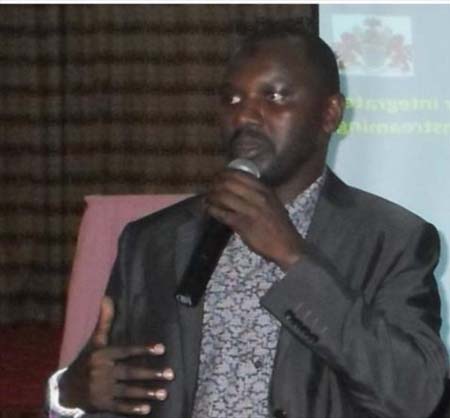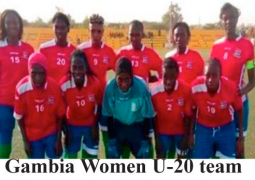
It has also ratified both the Vienna Convention for the protection of the Ozone Layer in May 1990, and the Montreal Protocol on substances that deplete the Ozone Layer in June 1990.
Momodou Jaama Suwareh, the ISN director, was speaking recently during the opening ceremony of a three-day training workshop on certification for refrigeration technicians in the Upper River Region, URR, held at the Regional Agricultural Office in Basse Mansajang.
He told the participants that the ozone layer is the primary protection the earth has from the harmful rays of the sun, as the ultra-violet radiation from the sun has adverse effects on human and animal health, marine and terrestrial eco-systems.
He added that it could cause diseases such as skin cancer, eye cataract, the suppression of the immune system, and the destruction of the food chain of marine and aquatic creatures.
Suwareh, however, disclosed that the continuous emission of chloro-fluoro-carbons (CFCs), halons, methyl bromide and chloroforms would deplete the ozone layer and this would result in more severe environmental and health problems.
Recognizing the vulnerability of human beings, flora and fauna to ODS, the NEA ISN director said NEA on behalf of the government has over the years taken giants steps toward the reduction and ultimate elimination of ODS through a number of measures.
According to Suwareh, participants are expected to clearly understand what ozone and ozone depletion is all about, and would understand the reason why they must join the rest of the world to protect the ozone layer by phasing out CFCs, by the end of the training course.
Alhagie Sarr ODS programme officer at the NEA, disclosed that the training session aimed at strengthening the capacities of refrigeration technicians to enhance detection and retrofitting of ODS.
He further disclosed that the training would provide certification for the technicians through the provision of a professional license that would allow them to operate.
The Gambia has also ratified the Copenhagen and London Amendments to the Montreal Protocol in 1992 and 1995 respectively, he said.
The programme officer, therefore, urged participants to take the training course seriously, and to disseminate their knowledge and skills to others.
Momodou Mendy, a senior lecturer at the GTTI who facilitated the training exercise, noted that by the end of their training, participants are expected to clearly understand what ozone and ozone depletion is all about, and would understand the reason why they as technicians must join the rest of the world to protect the ozone layer by phasing out CFCs.


